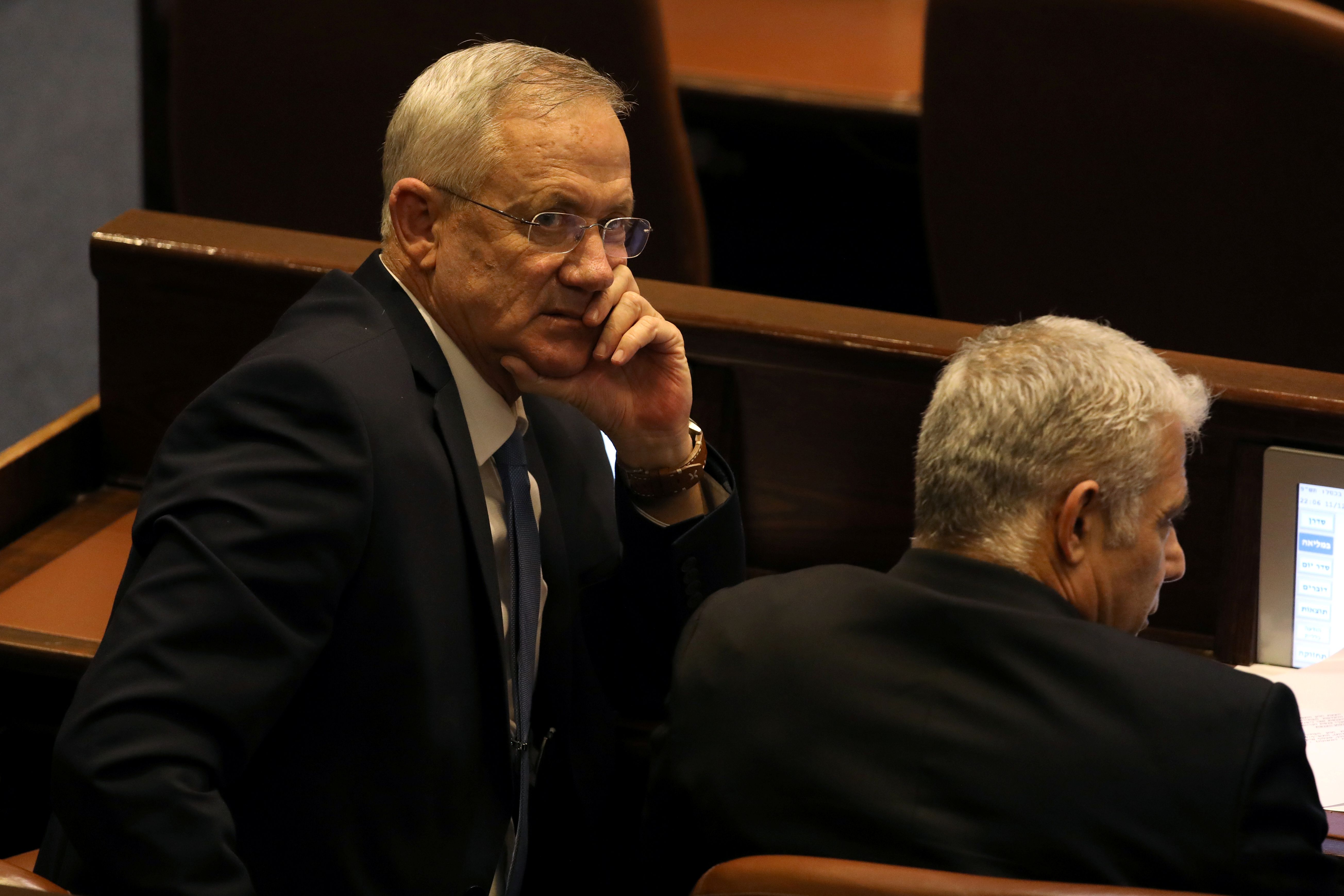Political Deadlock in Israel

Why did the coalition talks end in failure?
The decisive factor was the tenacity of the main party leaders, Benjamin Netanyahu (Likud, 32 mandates) and Benjamin Gantz (Blue and White, 33 mandates). Although both joined the coalition talks, they failed to reach a compromise. For Netanyahu, the priority is to create a government based on right-wing religious parties and, in the case of implementing an agreement in which the prime ministership rotates, to hold the portfolio in the first turn. Blue and White refused to enter a government led by the indicted Netanyahu. Avigdor Lieberman’s attitude also played an important role. The mandates from Lieberman’s party could give the majority to any of the blocs, but he insisted on the establishment of a centrist, unity government (without religious parties or the left). There were also no changes in the positions of other parties regarding their support for Netanyahu or Gantz.
How will the next elections affect Netanyahu’s standing?
Netanyahu maintains the initiative on the Israeli political scene. The prolonged electoral cycle works in his favour, allowing him to keep the premiership and consolidate support in the face of the corruption charges. However, his image as a highly effective political figure is weakening. Now, 41% of Israelis surveyed blame him for prolonging the political clinch and about 50% demand his resignation. Although he remains the frontrunner in party elections for the head of Likud (announced for 26 December), his credibility among the electorate and political allies may be shaken if the main contender, Gideon Saar, receives considerable support. If that happens, Netanyahu’s total control of the party might be questioned.
Are there any chances to break the deadlock?
Polls indicate that in the 2 March 2020 election, the parties are likely to receive similar results to those in the April and September votes, although a decline in support for the right-wing religious bloc is visible. Deeper changes during the campaign in intra-bloc support are unlikely and the mobilisation of voters will also be a challenge, though this was achieved in the September elections. A change in the political line of individual groups could be a factor in a breakthrough. In particular, this might include a break in the alliance between parties on the right or enabling Gantz (through Lieberman’s and Arab parties) to form a minority government. Netanyahu’s resignation would also be a turning point. Polls indicate that this would result in the loss of some seats for Likud in the Knesset but would allow the party to compromise with the opposition.
How does the deadlock affect Israel?
It has had a negative impact on the functioning of the state, particularly in the inability to pass the state budget. Although the crisis is primarily political, it is possible that systemic reforms may be undertaken in the future to counteract similar situations (e.g., by lowering the electoral threshold from the current 3.25%). An important issue in the next campaign will be the Israeli control of the West Bank, in particular, the possible annexation of the Jordan Valley. Netanyahu has repeatedly raised this issue since the last election, stressing the opportunity related to the ardent pro-Israel line of the U.S. administration. Hence, there is a risk of exacerbated relations with the Palestinian government, which will also be supported by their plan to hold the delayed Palestinian Authority parliamentary and presidential elections in 2020.


